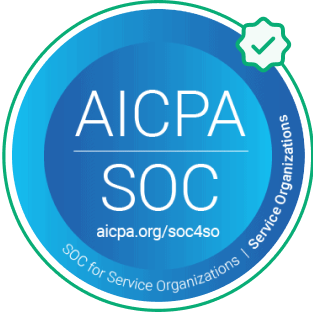What is Employee Happiness?
Employee happiness enables employees to deliver optimal performance and maximize their potential at the workplace. The emotional commitment that employees develop towards an organisation and its mission is an important component of employee happiness. It is subjective, conditional, and highly dependent on individual circumstances.Employee happiness can be triggered by positive experiences in the workplace. It ensures that employees are invested in the success of the employer and enthusiastic about their work. However, it is a temporal factor that can dissipate as soon as the external work environment becomes stagnant or even negative and isn’t necessarily a factor that promotes business success.Not to be confused with:
Not to be confused with:
What Factors Contribute to Employee Happiness?
1. RecognitionEmployees thrive when their accomplishments are acknowledged. Recognition of an employee’s efforts, especially when they go out of their way, keeps an employee happy.2. RewardsBeing rewarded makes an employee feel worthy and adds to their happiness quotient. Organisations can ensure employee happiness by finding different ways to reward an employee’s efforts.3. Work-life balanceEmployees who can devote as much time to their loved ones as they spare for their work are generally happier than others who don't. A balanced approach towards work and personal life motivates employees to give their best shot in both areas of their life.4. Understanding co-workersEmployees who experience empathy at the workplace feel heard and understood and are happier. Emotional intelligence at the workplace makes it a happy place to be.










